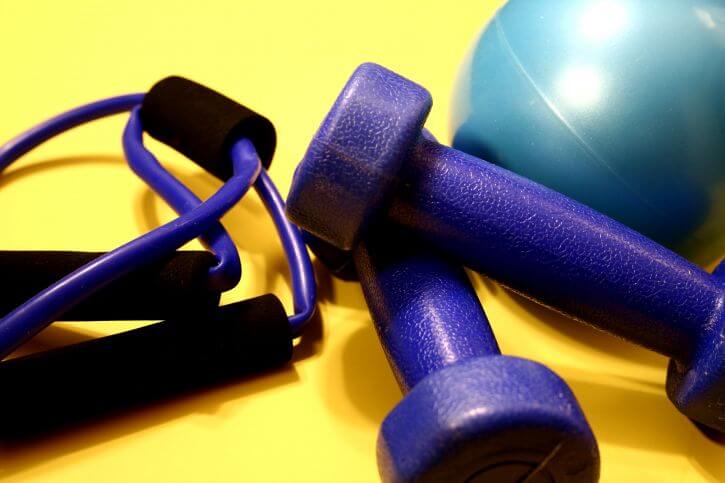How Exercise Impacts Appetite & Metabolism for Weight Loss
How Exercise Impacts Appetite & Metabolism for Weight Loss
March 16, 2017 at 1:23 PM

Should you exercise while cutting calories and improving your diet? For decades, those looking to lose weight were told to move more and eat less, but last year, an article in Time debunked this advice, claiming that the key to losing weight is simply eating less.
Exercise, too, has brought about a few misconceptions when it comes to dieting. For one, many think that, because they just walked enough on the treadmill to burn 300 calories, they can indulge in a treat afterwards. As a result, those taking this approach move more but hit a plateau when it comes to weight loss.*
However, exercise does have its purpose, albeit one dieters don’t consider immediately:
Appetite Control*
Studies have shown that exercise assists with controlling your appetite. Specifically, your body, after exercising, releases hormones that are associated with feeling satisfied. In response, you don’t just work off a certain number of calories, but you’re also less likely to consume more food after, which helps you lose weight over time.
How does this work? As you exercise, your muscles contract. This, in turn, releases a chemical that reduces the brain’s activity and helps the hypothalamus correctly assess your body’s nutritional status. Therefore, if you’ve fueled correctly before a workout, you won’t want to consume as much once you’re done.
Affecting Your Resting Metabolic Rate*
Exercise further impacts your resting metabolic rate, or RMR. One thing to keep in mind is, during certain exercises, your body uses the glucose stored in its muscles. As a result, being physically active both burns the muscles’ energy and the energy the body uses to refuel your muscles. In response, your body has to send more fuel to your muscles, in turn increasing your RMR.
As a tip, high-intensity and weight-lifting exercises tend to increase your RMR, while low-intensity, endurance, and steady-state training have less of an effect.*
Unsure about what to eat and which exercises will benefit your diet plan? Get some direction with Medical Weight Loss Solutions. Contact us today to learn about our plans and schedule a free consultation.*


